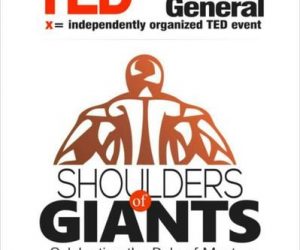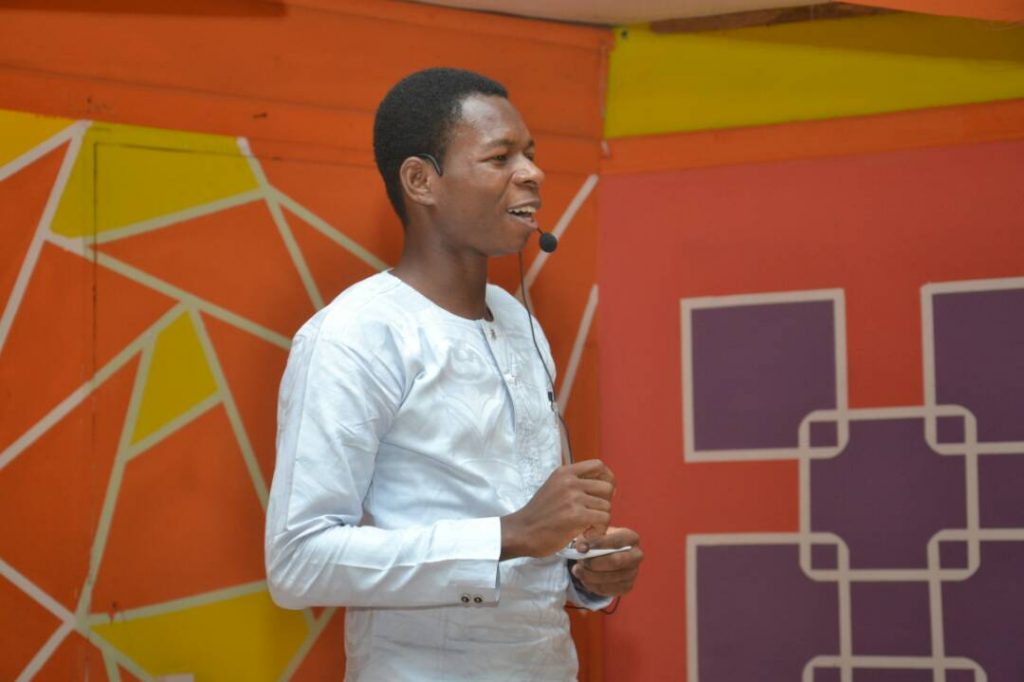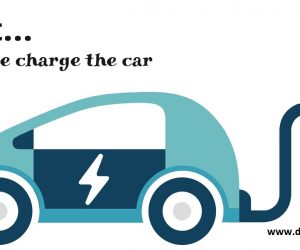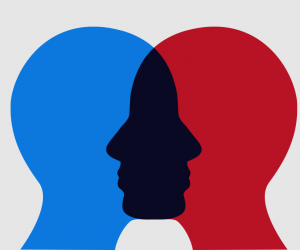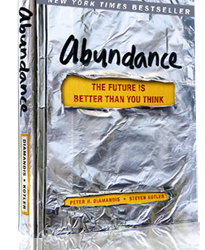Sometime in 2014, I joined a conversation about the New Vision for Education at the World Economic Forum on Africa. That session was focused on finding solutions to the talent-skills gap, skills needed in the 21st century, and the roles of stakeholders to fund education for growth and create a new vision for education on the continent.
A few months after our meeting, the World Economic Forum released a report containing what is now referred to as the ’21st Century Skills’ and other recommendation about the most required skill set by 2020.
Some of the skills recommended, the top 5, I believe, are complex problem solving, critical thinking, creativity, people management, and coordinating with others, and some 5 others.
In the next decades, our world will experience a lot of changes. Improvements in learning, culture, science and technology will have us dealing with an era where automation, adaptive computing and algorithm-led decision making are the new normal.
I will readily acknowledge that we don’t need to wait a few decades for this to happen. It already is. This exponential change will influence every part of our human experiences.
For the most part, it will be such a good thing.
Imagine walking to the MANCOT park and it’s a driverless bus waiting to take you to camp, or to farm. Where there is no one telling you not to shunt, and when someone does, we don’t need to shout ‘No shunting ooo… No shunting!’, rather there is an automated level of the disciplinary reward awaiting that person.
That’s the world where our labs are filled with 3D printers for experimentation, where we have virtual reality simulation of how to operate animals, and use augmented reality lenses to identify plants and trees. What else? Payments and exams will be easier. And life outside the institution will await us, patiently.
The downside?
With this increase in computational power, comes information abundance, several people may get caught up in echo-chambers and groupthink, and you will be faced with the need to constantly redefine the idea of what you consider as your identity.
In that world with so much noise, there will be a constant battle for your attention. Let’s not think too far; as of today, we are experiencing a rise in personalized advertising, algorithms tracking your every action online and artificial intelligence getting better at understanding some of your emotions.
One of the core skill sets I think we need to cultivate to remain sane and flourish now and in the future, is the ability to effectively direct our attention, understand ourselves well enough and harness our emotions.
In spite of the tremendous progress we have made, as humanity, in the fields of technology, innovation and exploring outer space, I’m intrigued that we do not seem to have made comparable progress in exploring our inner space and understanding the soul. Or maybe I’m wrong.
You see your emotions being played upon – almost out of your control – as you scroll through your social media feed, making comparisons, taking in the news without gauging, and get controlled by prompts from your smartphone.
For several of us, our attention is being captured by free information, free services, free entertainment, free data (as we think of it) and is then resold to advertisers.
Like someone once said, our attention have now become monetized. Silence, quiet and internal serenity are becoming more scarce when we don’t pay attention to them.
And this is a dangerous reality.
I have always believed in the sanctity of education, leadership and the use of technology to promote innovation, solve problems and build a future where people can be the best they can be. A future we can be proud of.
So, last year, I embarked on an adventure that led me towards further understanding of human flourishing, emotions, the themes of happiness, joy, and resilience. I was propelled by the possibilities of seeing Africans (and Africa) leapfrogging our challenges by leveraging the evidence-based power of positive emotions.
The scores of evidence that I encountered in books, lessons from other nations and cutting-edge research across the fields of positive psychology, economics, neuroscience, philosophy, and divinity all lead to the same conclusion. Our emotions matter in the quest to living a flourishing life.
Why do we feel fear, envy, anger, resentment? Why do we heal faster when we are happy? Why does fear have the capacity to paralyze us? How do we define and process these emotions? Why do our feelings either cloud our judgment or help us decide better? Why do we sometimes shy away from being vulnerable and authentic? I don’t have answers to these questions; they are for you to think about.
The purpose of emotion is to stimulate reflection. When we pay to seek to focus on our emotions and attention, we start defining the mental models underlying why we think the way we do, why we act the way we do and why we cherish the perception of the world we hold. You get to understand and question your implicit biases.
Most of what we have been taught – by our well-meaning parents, teachers and the environment – may not be true, may not be worthy of controlling our attention. Each of us will have to find what is worth your thought and attention. [Only the individual transcends].
Understanding our emotions and what triggers our attention helps us gain more clarity about ourselves. It helps you gain clarity about yourself, which is one of the most important factors to living a flourishing life – a life where you are your best possible self.
While it may be difficult to admit this, several of the decisions we make are based on our emotions, not just our actual conscious and analytical will. You need to build up your internal control system, understand that before we look at external metrics to explain how the world works, the most counter-intuitive, but important thing to do is to look inward.
Often, our emotions help us look inward, sometimes we look too inward that we go so far away from reality. The decisions we take are often through the lenses of these emotions. Sometimes, this is a fine thing to do. Other times, it’s not. The difference is when we refuse to look at the situation, and understand our emotional state before taking action. When we fail to understand our emotions, we may find ourselves responding not to our realities, but to the reflection in our minds.
[But you can choose to either be rational or irrational]. With your emotions, you can decide to either be rational or irrational. By rational, I meant dissecting and understanding the root of the emotions you display. By irrational, I meant you following your emotions without first understanding them.
One way to be rational is to defer the nudge to fit your actions and that of others into categories. It is to defer the nudge to make judgments based on our previous preconceptions. Instead, it’s best for us to sit in with it and dissect the emotions behind each action.
Your ability to think for yourself will be one of your most precious possessions now and in the future. That ability, to place your attention on something, not because you were triggered by external forces (and there will be a lot of that), but because you choose to.
When we develop and understand our emotions, we become better at scaling adversities, building resilience, embracing empathy and unlearn helplessness. We start using internal metrics to measure whatever we call success.
With this in mind, as a society, we must find new metrics for measuring knowledge, growth and whatever we call success. Gatekeepers in our education system will need to move away from focusing on memorization as a way of testing knowledge (with memorization, I refer to what some of us understand more as la cram la pour).
Harnessing your attention helps you keep your mental balance, it supports your decision to keep learning, know yourself at a deeper level and to keep reinventing yourself. Because you will need to do a whole lot of that in the future.
Many young people in this room will likely gain experiences across several careers in the span of your lifetime, what may help you thrive most will likely be how skillful you can harness both your emotions and your attention.
Focus your emotional energy at being the best version of yourself. Understand human nature – without the interference of culture and other societal constructs. You have to give yourself permission to fully embrace your humanity, the frailties and simple complexities that come with being human.
If you ask me what I consider the most important skill as we prepare for the future of humanity, I’ll tell you this: it’s your ability to harness your emotions and attention and reinvent yourself regardless of what situation you are.
Once these twin skills are cultivated, they can serve as a foundation for other skills we talk about – like digital skills, coding skills, analytical skills, new language skills and several others that will conspire to make life worth living. You will need your mental and emotional balance more than you may imagine in the years ahead.

